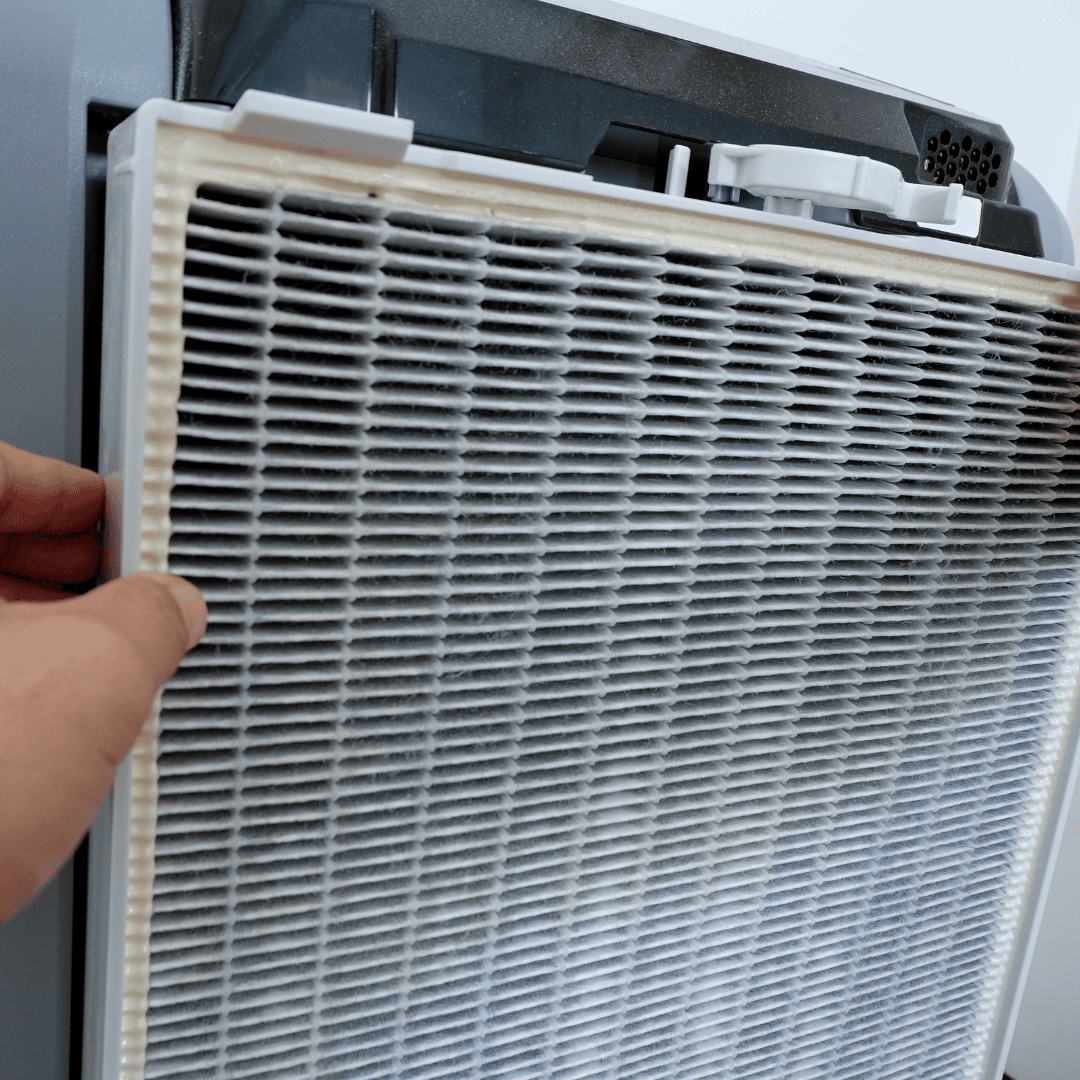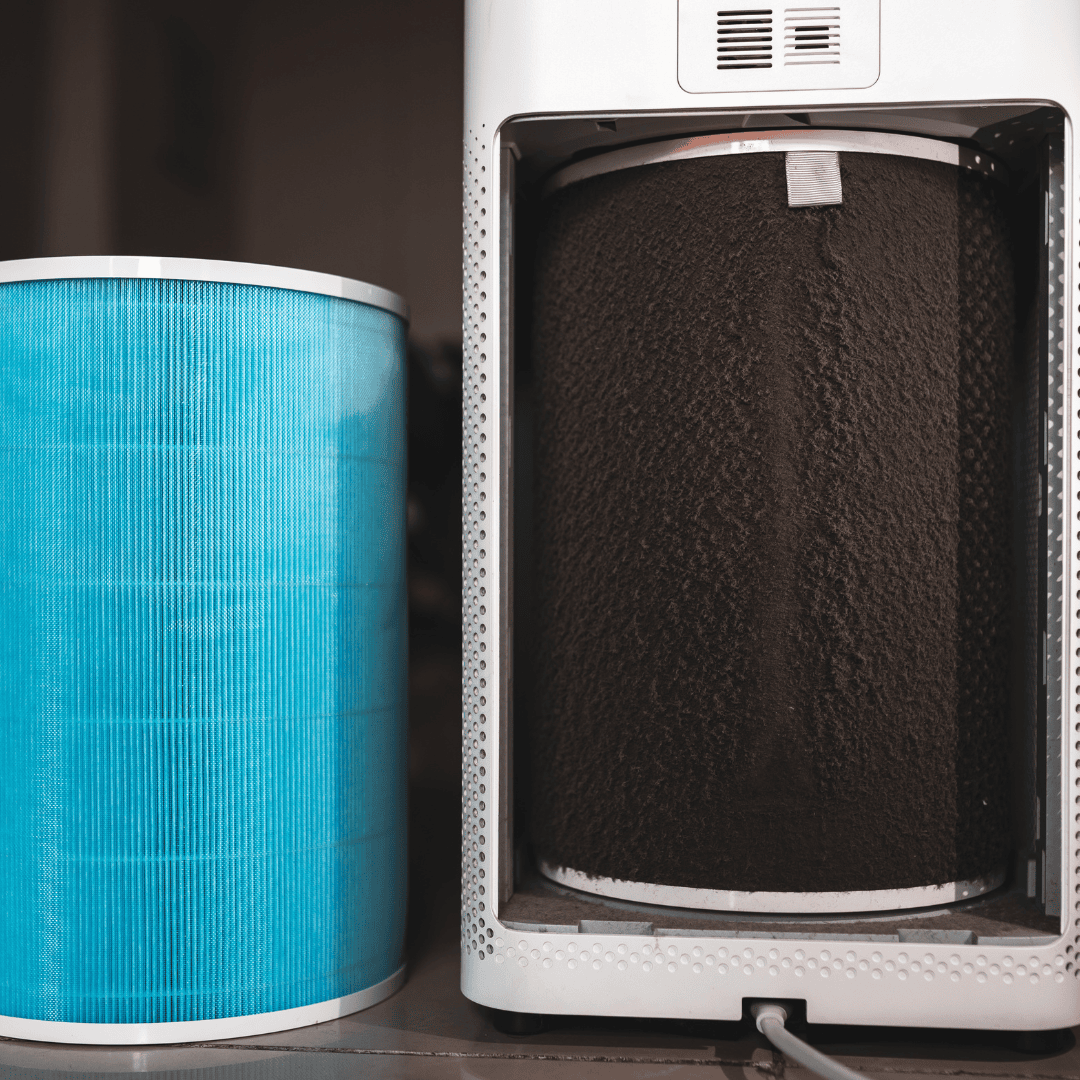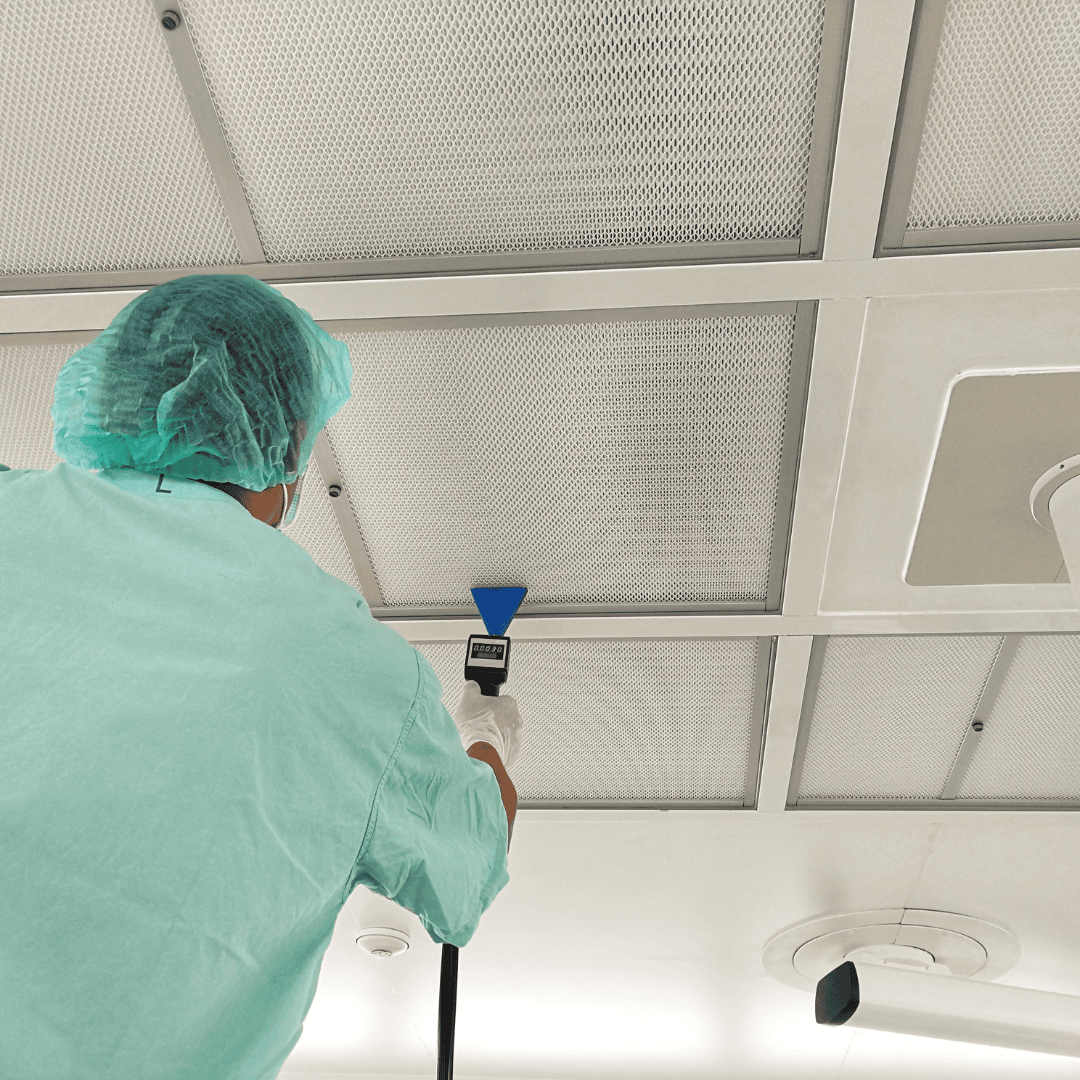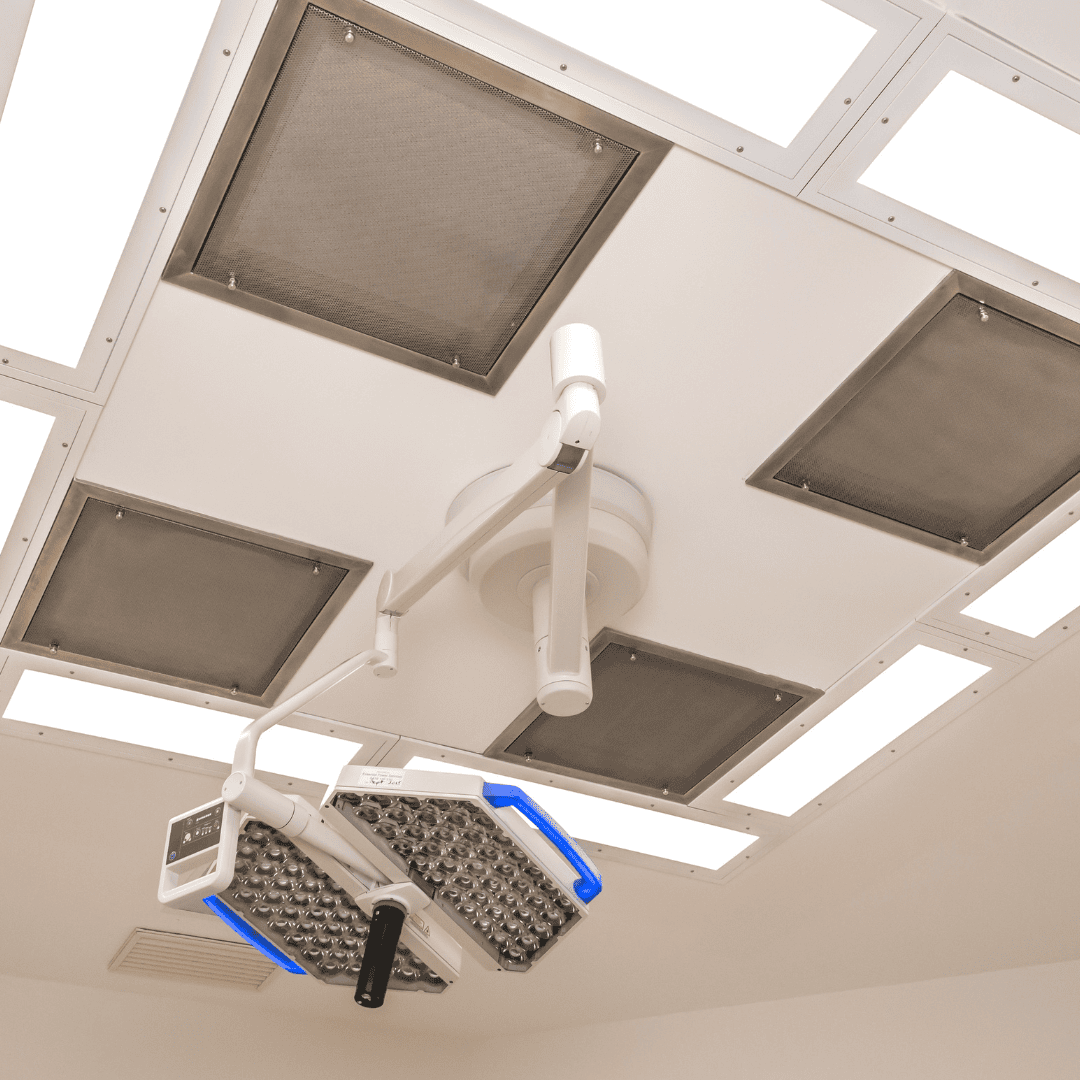ABOUT HEPA FILTER
HEPA STANDS FOR "HIGH EFFICIENCY PARTICULATE AIR". It is the most effective purification technology used in an air purifier. Air purifier With HEPA filters filters out 99.97% particulate matter from air of the size of .3 microns. These filters are designed to capture a large percentage of tiny particles that other filters miss. Imagine a microscopic net that traps dust, pollen, mold spores, pet dander, and other allergens. HEPA filters are so effective that they're even used in hospitals and laboratories to maintain clean air environments.
The heart of a HEPA filter lies in its intricate web of fine fibers. These fibers are typically made from:
- Glass fibers: The most common material, known for its fine diameter and ability to form a dense filter media.
- Synthetic fibers: Materials like polypropylene or polyester can offer enhanced durability and moisture resistance.
| E 10- Captures 85% of .3 micron particulate matters from air | E 11- 95% of .3 micron particulate matter from air |
| E 12- Captures 99.5 % of .3 micron particulate matters from air | H13- TRUE HEPA 99.95% of .1 micron particulate matter from air |
| H 14-Captures 99.995% of .1 micron particulate matter from air | U 15-U 17 : Captures 99.999% of air borne particles |

1. True HEPA Filters: The Gold Standard
1. True HEPA Filters: The Gold Standard
What's Sets them Apart
True HEPA filters are the most common and widely recognized type. To earn the "True HEPA" designation, a filter must meet specific standards set by organizations like the Environmental Protection Agency (EPA).These filters must capture at least 99.97% of airborne particles that are 0.3 microns in diameter.This size is significant because it's considered the most penetrating particle size (MPPS), meaning particles of this size are the most difficult to filter.
True HEPA filters are used in a wide range of air purifiers, from those designed for home use to those used in medical facilities and cleanrooms.

2. HEPA-type Filters: Proceed with Caution
2. HEPA-type Filters: Proceed with Caution
What to watch out for:
These filters often use the term "HEPA-type," "HEPA-like," or "HEPA-style" in their marketing. While they may seem similar to True HEPA filters, they don't meet the same rigorous standards. They might capture a lower percentage of particles or may not be tested against the 0.3-micron standard.
Why it matters:
HEPA-type filters may be less effective at removing the smallest and most harmful particles, such as viruses, fine dust, and some allergens.

3. Medical-Grade HEPA Filters (H13-H14): Extra Protection
3. Medical-Grade HEPA Filters (H13-H14): Extra Protection
Taking it up a notch:
Medical-grade HEPA filters, often referred to as H13 or H14 filters, go beyond the requirements of True HEPA filters. They are designed to capture even smaller particles and are often used in hospitals, laboratories, and other settings where extremely clean air is critical.
- H13 filters: Capture 99.95% of particles as small as 0.1 microns.
- H14 filters: Capture 99.995% of particles as small as 0.1 microns.
When you might need them:

4. Ultra-HEPA Filters: The Ultimate in Filtration
4. Ultra-HEPA Filters: The Ultimate in Filtration
Maximum efficiency:
Ultra-HEPA filters represent the highest level of HEPA filtration. They can capture more than 99.999% of airborne particles, including those smaller than 0.1 microns.
Specialized applications:
These filters are typically used in highly sensitive environments, such as cleanrooms for manufacturing electronics or pharmaceutical research facilities
Conclusion
Understanding the different types of HEPA filters empowers you to choose the best air purifier for your needs. While True HEPA filters are a great starting point for most households, those with specific concerns or sensitivities may want to consider medical-grade or Ultra-HEPA filters. Always look for clear labeling and certifications to ensure you're getting a genuine HEPA filter that provides the level of protection you expect.










